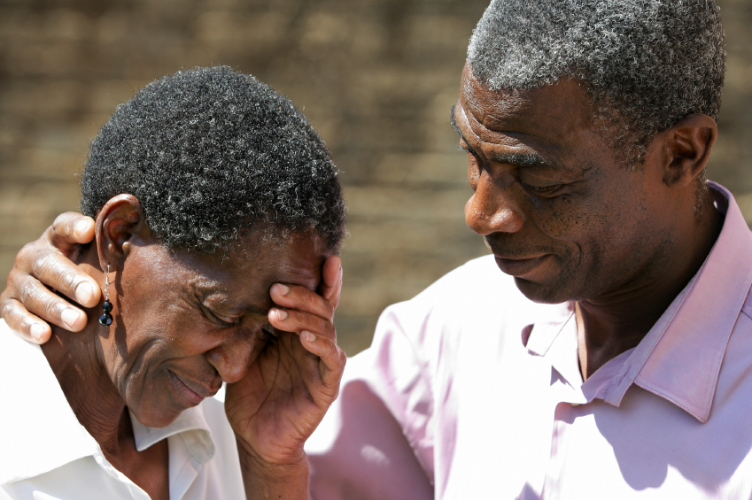The Psychological Impact of Spinal Cord Injuries
Request Free Consultation
The reach and scope of a spinal cord injury are not just physical but the impact on a person’s emotional and mental health. Even in situations where recovery is expected, the long process, intense hard work to rebuild, and the ongoing limitations can impact how well a person navigates life from a psychological point of view. Those adjusting to a lifelong spinal cord injury, especially one resulting from a personal injury matter, may find it difficult to do so. Talk to a Nashville spinal cord injury attorney from Selvidge Injury Law today. Our knowledgeable personal injury lawyer in Nashville is here to fight for your rights.
What Must Happen After a Psychological Injury
After a physical injury, the need to heal takes priority. This could involve surgery and long-term recovery of the physical wounds. In a psychological injury, individuals must:
- Learn to accept what has occurred as their reality
- Learn about their losses and limitations, including what their future complications may be
- Adjust to life with the new spinal cord injury in all ways, including work, relationships, and just daily living activities
By working with a mental health specialist, it may be possible to build a strong recovery from the psychological damage, but to do that, victims have to be able to deal with what they are facing. Adjusting to disability requires dealing with the emotional reactions a person faces, determining your value and contributions to daily life, and learning to be independent again, as much as is allowable.
Changing Roles Impact Psychological Outcomes
One of the most important realizations people must have is that after such a devastating injury, their entire life must adapt and change. This means that a spouse or significant other often must take on some level of caregiver role. It also means the victim must be willing to accept help. There are many ways this impacts emotional well-being:
- Relationships with friends and family change.
- Former responsibilities may change.
- You may need more help in areas such as physical support, emotional well-being, and financial guidance.
- You may need to carve out a new role for yourself in your home, relationships, and work life.
- People will see you as a patient instead of a father, spouse, brother, or other family member.
Psychological Issues Impact Quality of Life
Mental health changes, as noted by the University of Pittsburgh Schools of the Health Sciences, take an incredible toll on the quality of life a person has after a spinal cord injury:
- Depression and anxiety are both normal and expected due to the changes in a person’s life.
- Medication and counseling may be necessary to help individuals deal with the impact of these injuries.
- Emotional reactions can range from sadness to anger and even despair as the brain processes the changes and losses.
- Cultural adjustment is necessary, especially in areas where the individual is the head of the household.
- Those with a history of drug or alcohol misuse may find themselves at an increased risk of relapsing.
In order to overcome these types of injuries and losses, people need more than just medical care. Victims also need support for emotional and mental health needs as they develop and over time. If you are suffering from spinal cord injuries and need legal assistance, contact a Nashville spinal cord injury lawyer for a free and confidential consultation.
